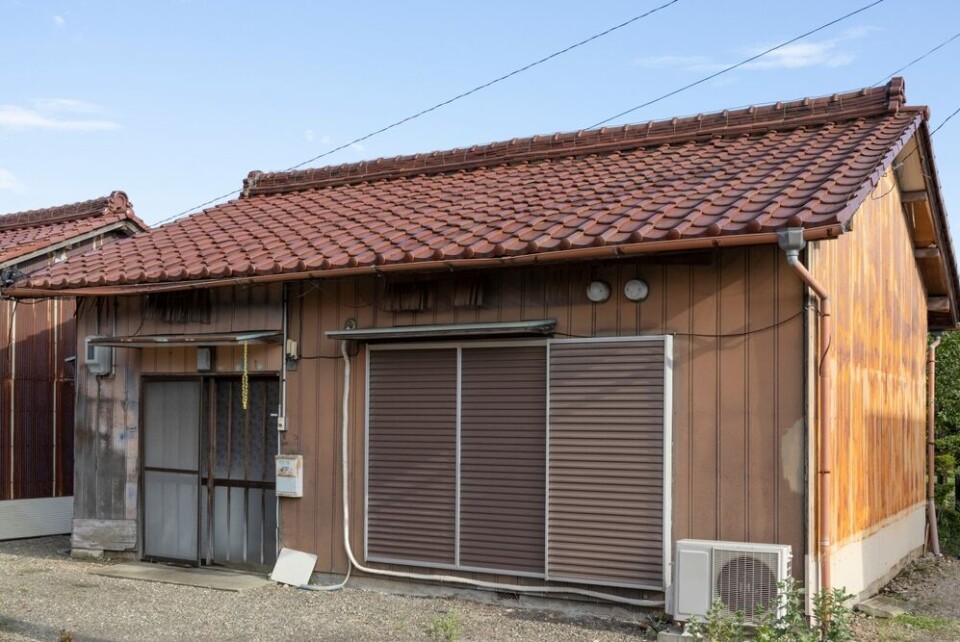-
Hosting scheme in south-west France lets newcomers sample lifestyle
Households in nine Dordogne communes volunteer under Mes Nouveaux Voisins scheme
-
How long does it take to sell property in different areas of France? New study
Many major cities are showing signs of recovery when it comes to supply, demand, prices, and time to sell
-
Seller and buyer bypass contracted estate agent - and land €30,000 penalty in France
The Bordeaux Court of Appeals rules a buyer and seller who avoided estate agent fees must pay compensation
Hundreds more areas in France to levy ‘vacant home’ tax: what is this?
Communes had until October 1 to decide whether to do this

Hundreds of new communes have voted to levy tax on vacant homes. They had to do so before a national deadline of October 1.
Among the areas affected are Dinard in Brittany, over 100 communes in the south-west of France in the Pays-Basque, and more than 60 in Deux-Sèvres.
Communes in many departments across France have implemented the tax, which each commune can vote on annually to apply or maintain.
The tax will apply to homes that have, as of January 1, 2024, been vacant for at least two years. It is known as the taxe d'habitation sur les logements vacants (THLV). ‘Vacant’ in this sense means unused and unfurnished (so not ready to live in).
The levying of this tax is not based on whether a commune is marked as a zone tendue (where housing is in short supply), where an alternative tax on vacant property applies automatically. The latter is called taxe sur les logements vacants and goes to the state, which passes it on to Anah, a body giving home-improvement grants to low-income households.
Taxe d’habitation sur les logements vacants can be voted for in all communes not subject to this alternative tax. As with taxe d’habitation (TH) on second homes, the benefit goes to communes, with a part also for intercommunal bodies, where these exist. Taxe d’habitation is no longer levied on main homes.
THLV is worked out in the same way as TH on second homes but is not subject to the surcharges which can be voted for in the case of TH on second homes located in zones tendues.
Read more: Why do towns need permission to raise tax on second-home owners?
If THLV is not voted for then, in areas that are not ‘zones tendues’, homes left vacant are only subject to taxe foncière, not taxe d’habitation.
In the Basque Country 109 communes will now be subject to the tax on all vacant properties in 2024 as part of increasing measures to tackle housing shortages in the area.
This was described “as a necessary fiscal tool for resolving housing-related problems,” by Jean-René Etchegaray, president of the communes in the Pays-Basque area.
“Certain solutions are expected from the state, but this tax offers an opportunity for local action," he added.
The agglomeration of communes passed the law signalling the changes on September 30 – the national deadline to ratify changes and apply additional property tax levies in 2024 was October 1.
“We all agree that we need to hunt down these vacant homes," said Mr Etchegaray.
“It's not as simple as it sounds, but we had to start by establishing the principle of this tax,” he added.
The tax is being put in place to encourage those with empty properties to either sell or rent out their homes – it is estimated that around 5.8% of all properties in the Pays-Basque are currently left vacant, which equates to around 12,000 homes.
It is not the only move the area has made to tackle a local housing crisis they see as being heightened by holiday homes and tourist rentals in the area.
Last month the Pays-Basque also announced it would bring in rent controls for long-term renters.
Other measures have included requiring those renting short-term lets in the area (such as Airbnbs) to offer a long-term rent as well.
Related articles
Rent controls coming in for Pays-Basque
























